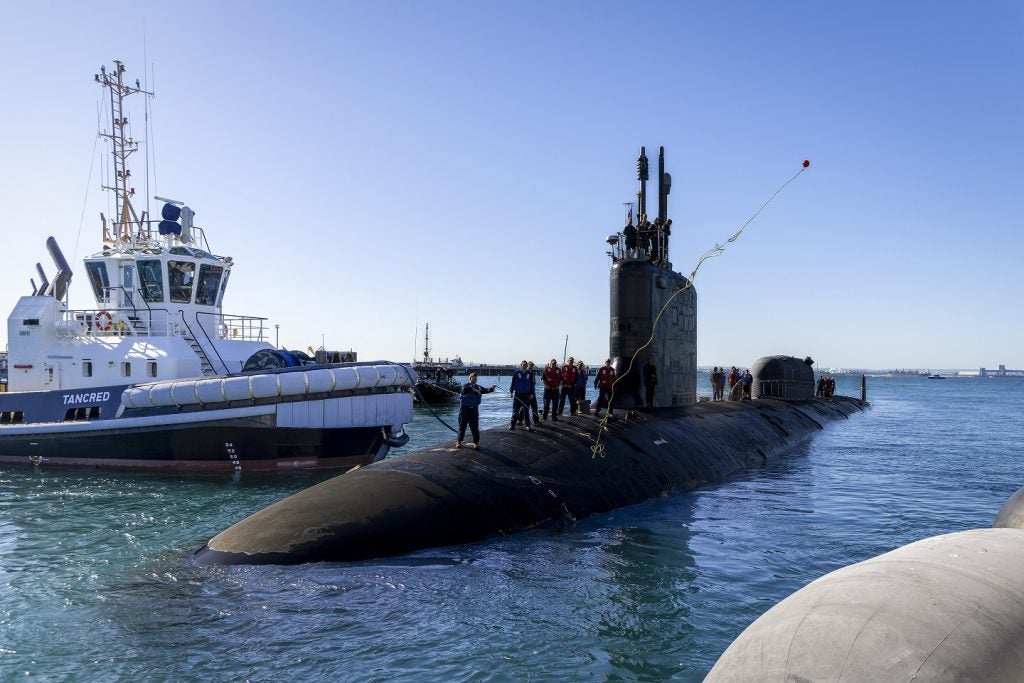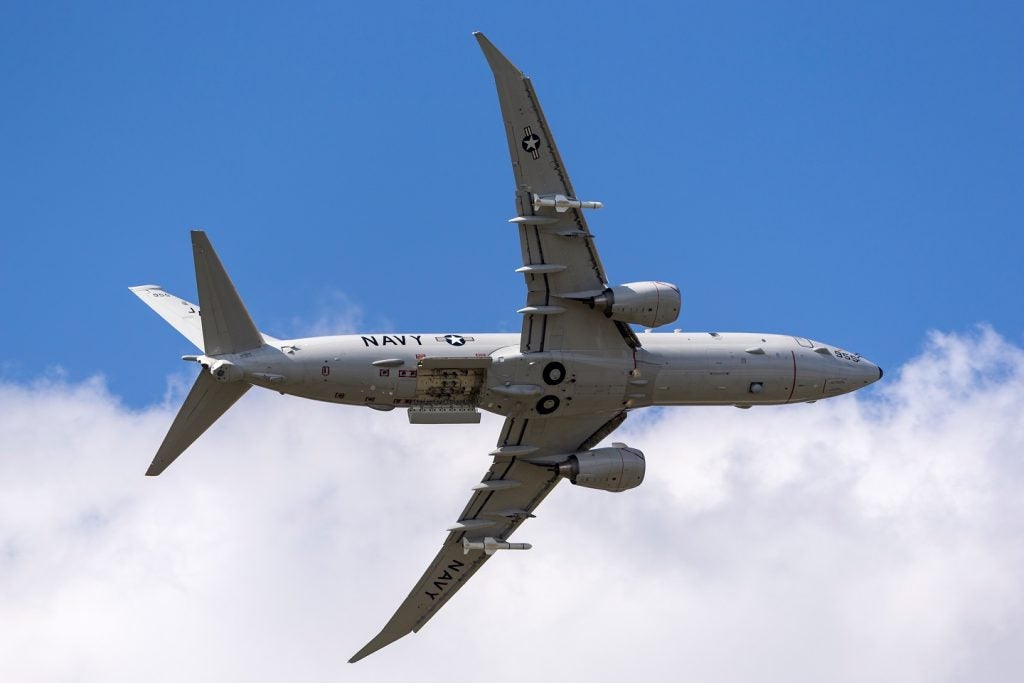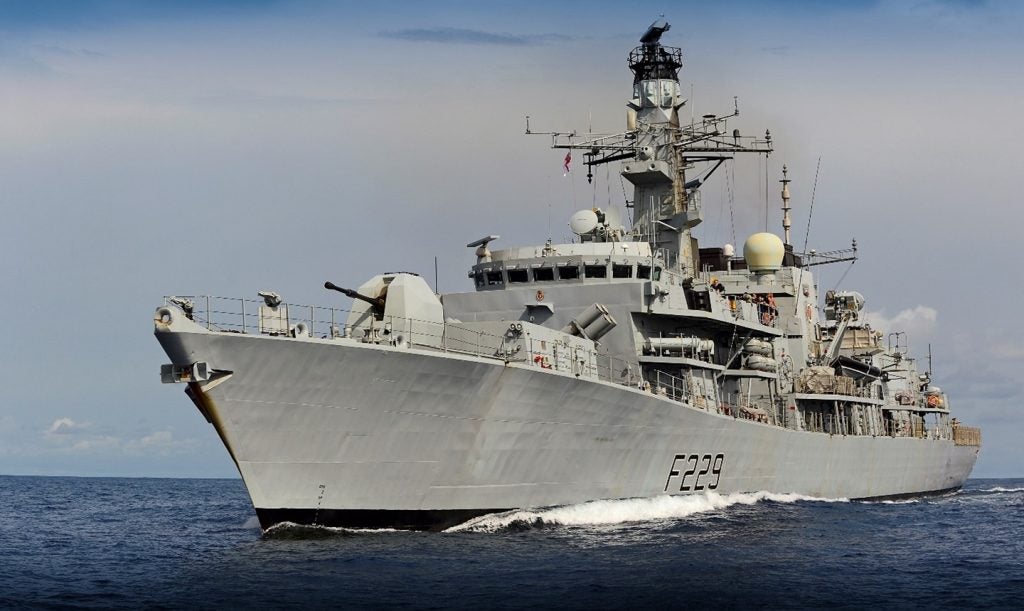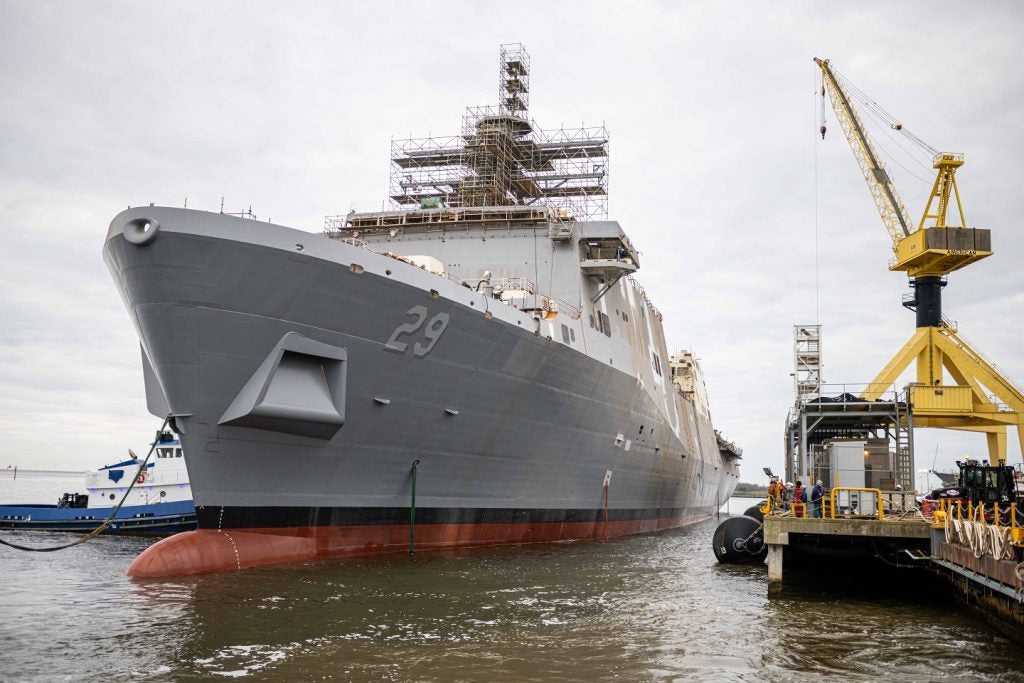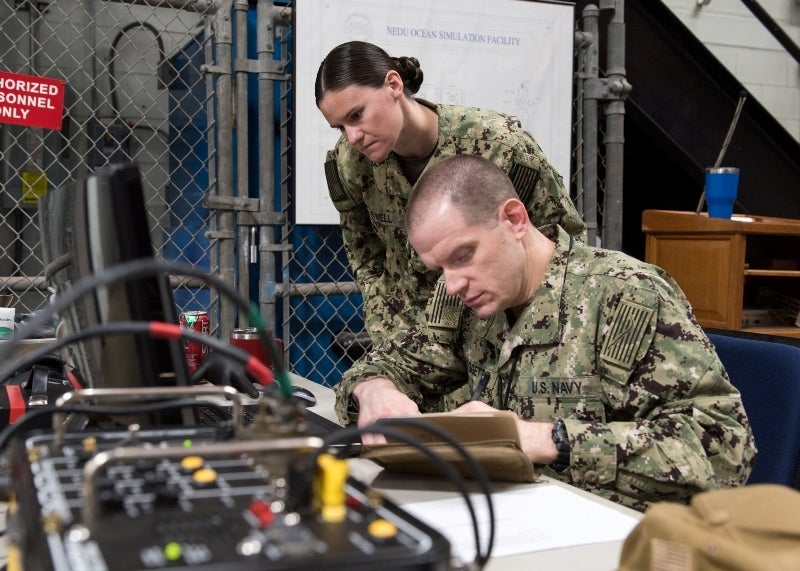
The US Navy has developed and tested a rapid pressure fluctuation chamber to study physiological events (PE) in the E/A-18G and F/A-18 weapon systems.
The Navy is working on the development of a solution to detect symptoms associated with rapid pressure fluctuations in military jets.
As part of the research project, Naval Surface Warfare Center Panama City Division’s (NSWC PCD) Fluctuating Altitude Simulation Technology (FAST) team assembled and delivered an aircraft cabin simulator system to the Navy Experimental Diving Unit (NEDU).
NEDU will use the system to conduct human subject research by replicating the cabin pressure fluctuations observed in the Navy’s jet aircraft.
Navy Research Psychologist lieutenant Jenna Jewell said: “The purpose of the FAST system is to characterise the symptoms associated with rapid pressure fluctuation, and determine what symptoms may be most closely associated with PE.
“This information allows us to conduct future research that can be more targeted, including focussing on specific symptoms and adding in factors present in the cockpit.”
How well do you really know your competitors?
Access the most comprehensive Company Profiles on the market, powered by GlobalData. Save hours of research. Gain competitive edge.

Thank you!
Your download email will arrive shortly
Not ready to buy yet? Download a free sample
We are confident about the unique quality of our Company Profiles. However, we want you to make the most beneficial decision for your business, so we offer a free sample that you can download by submitting the below form
By GlobalDataPEs are attributed to a range of factors including known or suspected aircraft or aircrew systems malfunction. Other factors that affected aircrews’ performance include insufficient oxygen delivery, alterations in breathing dynamics, and unexpected pressure phenomenon.
NEDU conducted research ‘flights’ from November to January to simulate the rapid cabin pressure fluctuations experienced by crew during flights. The tests were performed in a controlled environment.
The objective of the research was to ascertain whether pressure fluctuations are solely responsible for physiological or neurocognitive impacts.
NSWC PCD FAST project manager Brian Toole said: “NSWC PCD brought the concept to reality by starting with the commercial-off-the-shelf (COTS) double occupancy altitude chamber (DOAC) and installing our own control system, developing algorithms, and programming the NSWC PCD designed chamber software to meet mission requirements.”
The results from the FAST system will help find a solution to ensure safe Naval operations without physiological hindrance.
Prior to taking part in the simulated flight, participants undergo a medical examination to determine inner ear function, retinal tracking, and a neurocognitive exam.
Participants then enter the FAST chamber and fly one of three predetermined flight patterns.
The participants’ vital statistics are tracked constantly and tests are carried out to determine the presence of venous gas bubbles in each participant’s heart.
Once the flight is completed, the tests performed during the pre-flight stage are repeated to see if the rapid pressure fluctuations experienced during simulated flight caused any changes in physiological or neurocognitive performance.



